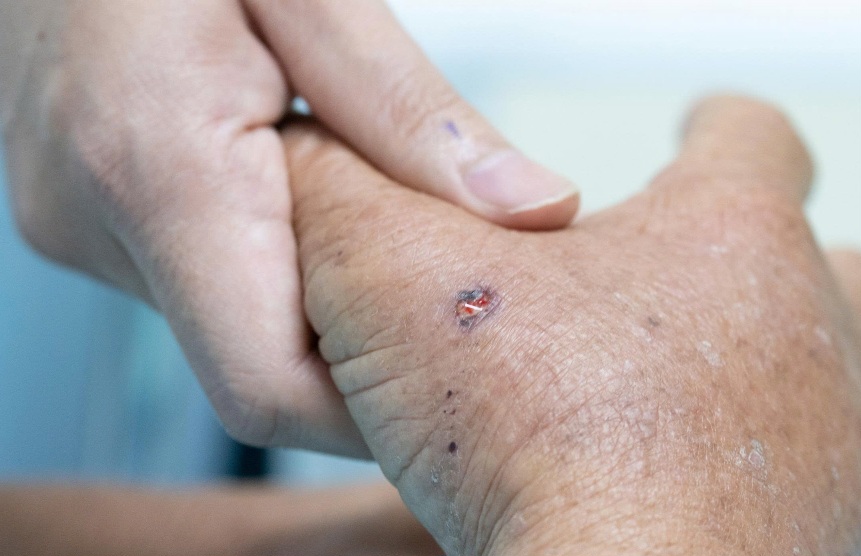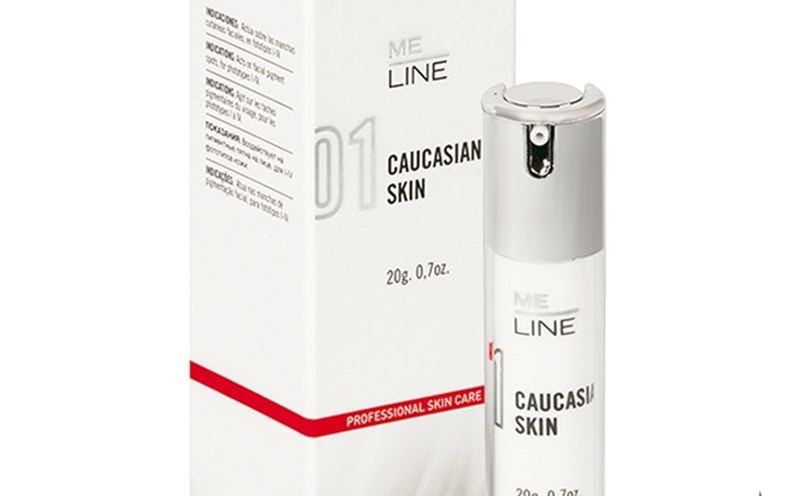On July 2, Quang Nam Central General Hospital (Nui Thanh commune, Da Nang city) said that the unit had just successfully saved a case of grade 3 anaphylactic shock caused by the stings of the reptile. The patient is Mr. N.T.D (68 years old, residing in Da Nang City).

Previously, Mr. D. was taken by his family to the Emergency Department in critical condition: his face was swollen, convulsive, difficult to breathe, chest tightness, and rapid pulse after being stung by a bee with more than 30 stitches on his head, face, and arms.
Immediately upon admission, the doctors diagnosed the patient with grade 3 anaphylactic shock and immediately provided emergency care according to the protocol. However, the patient's condition suddenly worsened, he fell into a coma and had respiratory failure.
The patient was urgently transferred to the Intensive Care - Anti-Poison Department. Here, doctors determined that Mr. D. not only suffered from anaphylactic shock but also suffered from heart failure, acute kidney failure and severe musculoskeletal syndrome, which directly threatened his life. The continuous blood filtration method combined with secondary evaporation filtration has been urgently deployed to remove toxins from the beehive.

After 4 days of active treatment, the patient was past the critical stage, alert, on his own breathing and had his endotracheal tube removed on July 1.
Lying on the hospital bed, Mr. D. was still shocked and recounted: "When cutting down trees behind the house, I unfortunately moved the beehive to draw. The entire herd of bees rushed in to attack me, making me stunned and then fainting. I am truly grateful to the doctors who saved my life.
Doctor Vu Phan Thien An, Department of Intensive Care - Anti-Poison, recommends: "Anti-defense shock caused by bee stings is an extremely dangerous acute allergic condition. If the patient arrives at the hospital late or the initial treatment is not correct, the consequences will be unpredictable and the risk of death is high".











